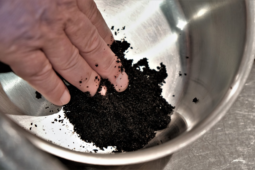How Often You Should Be Washing Your Sheets and Bedding
There’s nothing quite like climbing into a bed with freshly washed sheets. The crisp, clean fabric feels comforting, but how often should you actually be tossing your bedding in the wash? While many people stretch the time between washes, the reality is that sheets and bedding collect sweat, body oils, dead skin cells, and dust mites, which are things you don’t want lingering too long. Keeping a consistent washing routine not only helps your bedding last longer but also supports better sleep and a healthier home.
The Ideal Washing Schedule for Sheets
For most people, washing sheets once a week is the sweet spot. If you shower before bed, sleep alone, or use a top sheet, you might be able to go 10 to 14 days. On the other hand, if you sweat heavily at night, sleep with pets, or have allergies, washing every three to four days can keep irritants at bay.
- Weekly washing: Best for the average sleeper without special concerns.
- More often (every 3–4 days): Recommended for those with allergies, pets, or excessive sweating.
- Less often (10–14 days max): Works if you’re a clean sleeper who showers before bed.
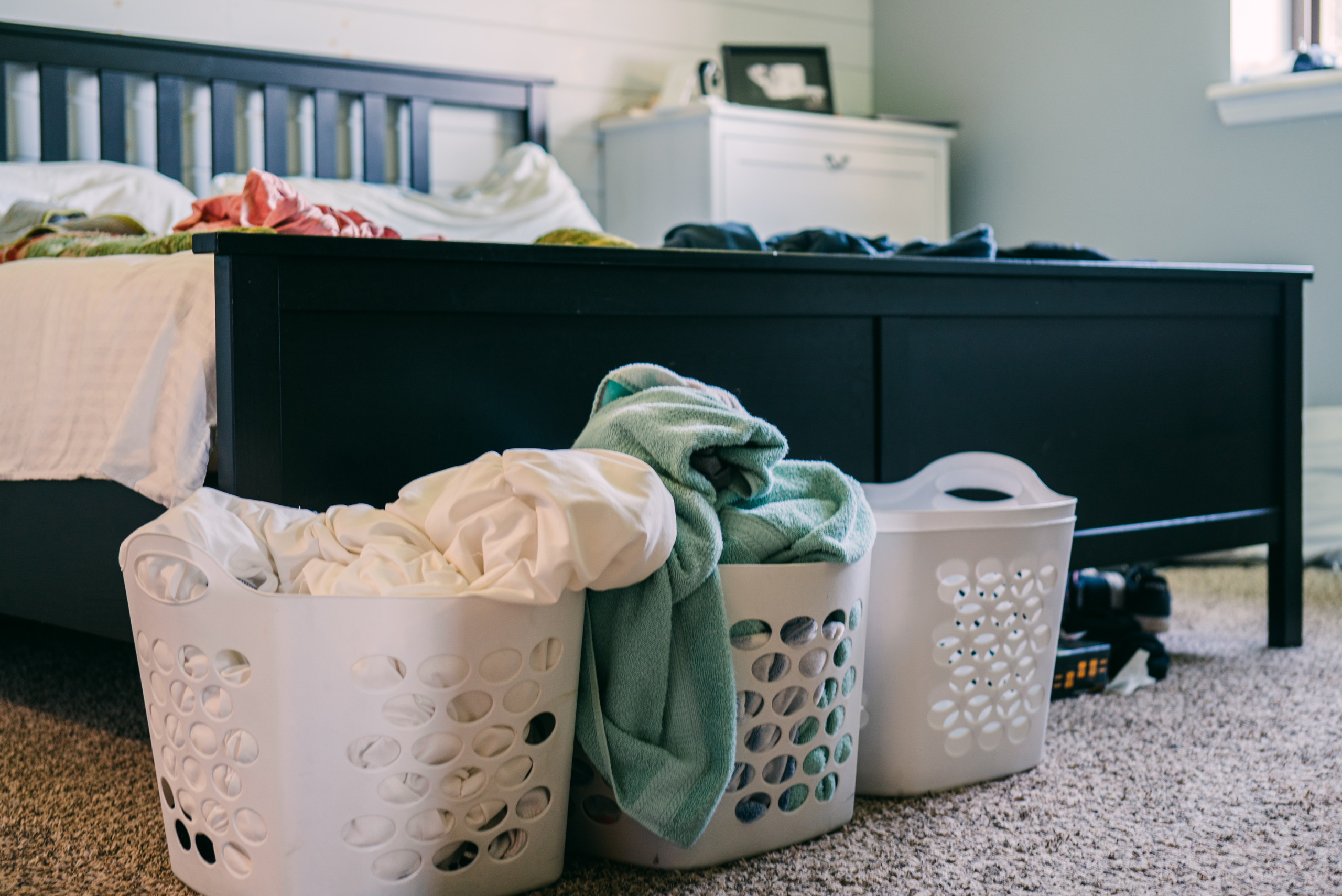
How Often to Wash Other Bedding
While sheets should be washed frequently, other bedding items don’t need quite as much attention. Blankets, duvets, and comforters should be washed every one to three months, depending on use. Pillowcases, however, should be swapped out at least once a week and more often if you have acne-prone skin or oily hair.
- Pillowcases: Every 3–7 days for fresh-feeling pillows.
- Blankets & comforters: Every 1–3 months, unless they’re frequently used without a top sheet.
- Pillows: Every 4–6 months to prevent dust mite buildup.
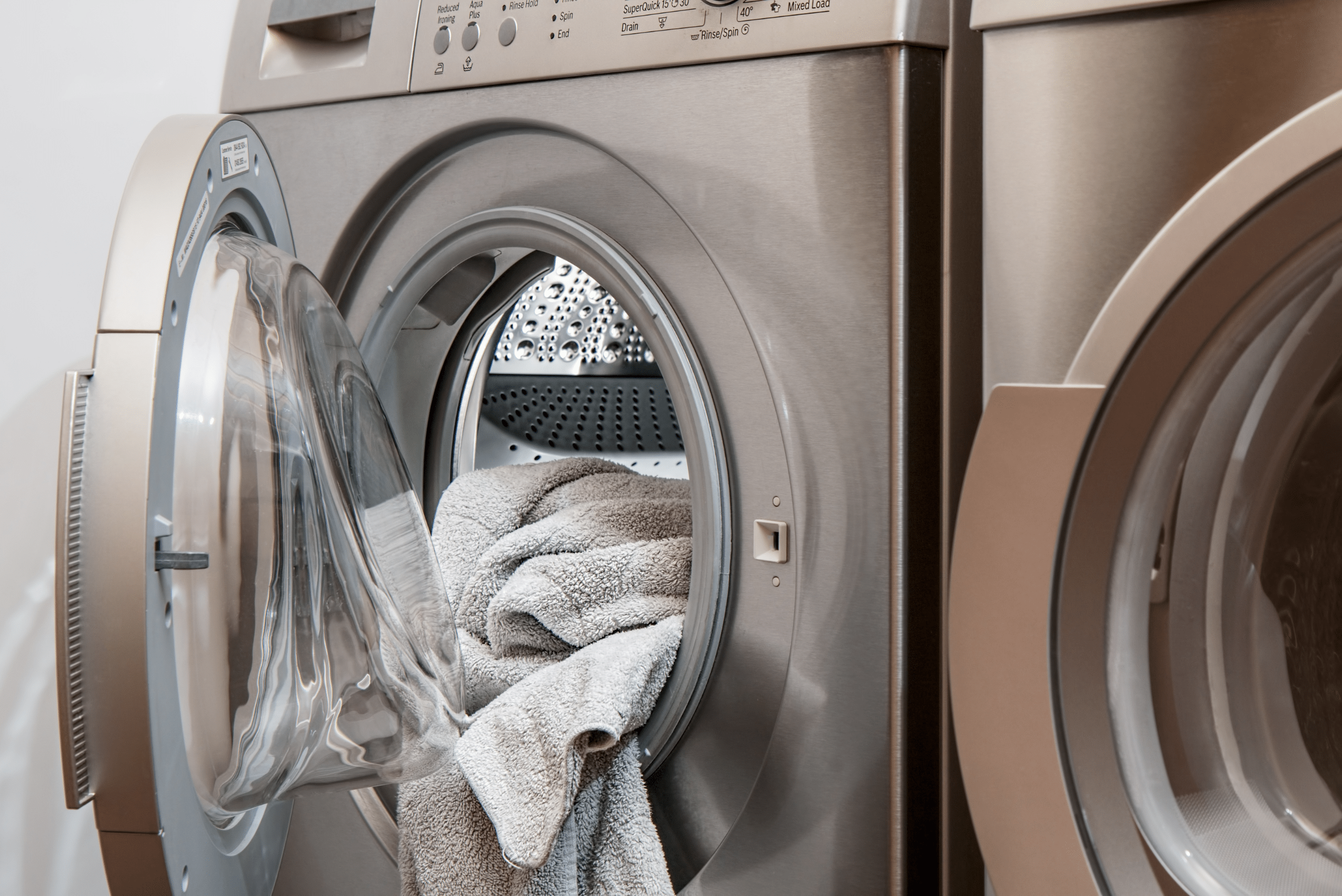
Signs It’s Time to Wash Sooner
Even if you have a set schedule, sometimes your bedding needs a refresh sooner than planned. If your sheets start smelling musty, feeling grimy, or causing skin irritation, it’s time for a wash. Visible dirt, sweat stains, or increased allergy symptoms can also be clear indicators that your bedding isn’t as clean as it should be.
Other signs to watch for:
- Increased allergy symptoms: Dust mites and pet dander build up over time.
- Lingering odors: Sweat and body oils can make sheets smell stale.
- Skin irritation or breakouts: Bacteria on pillowcases can contribute to acne.
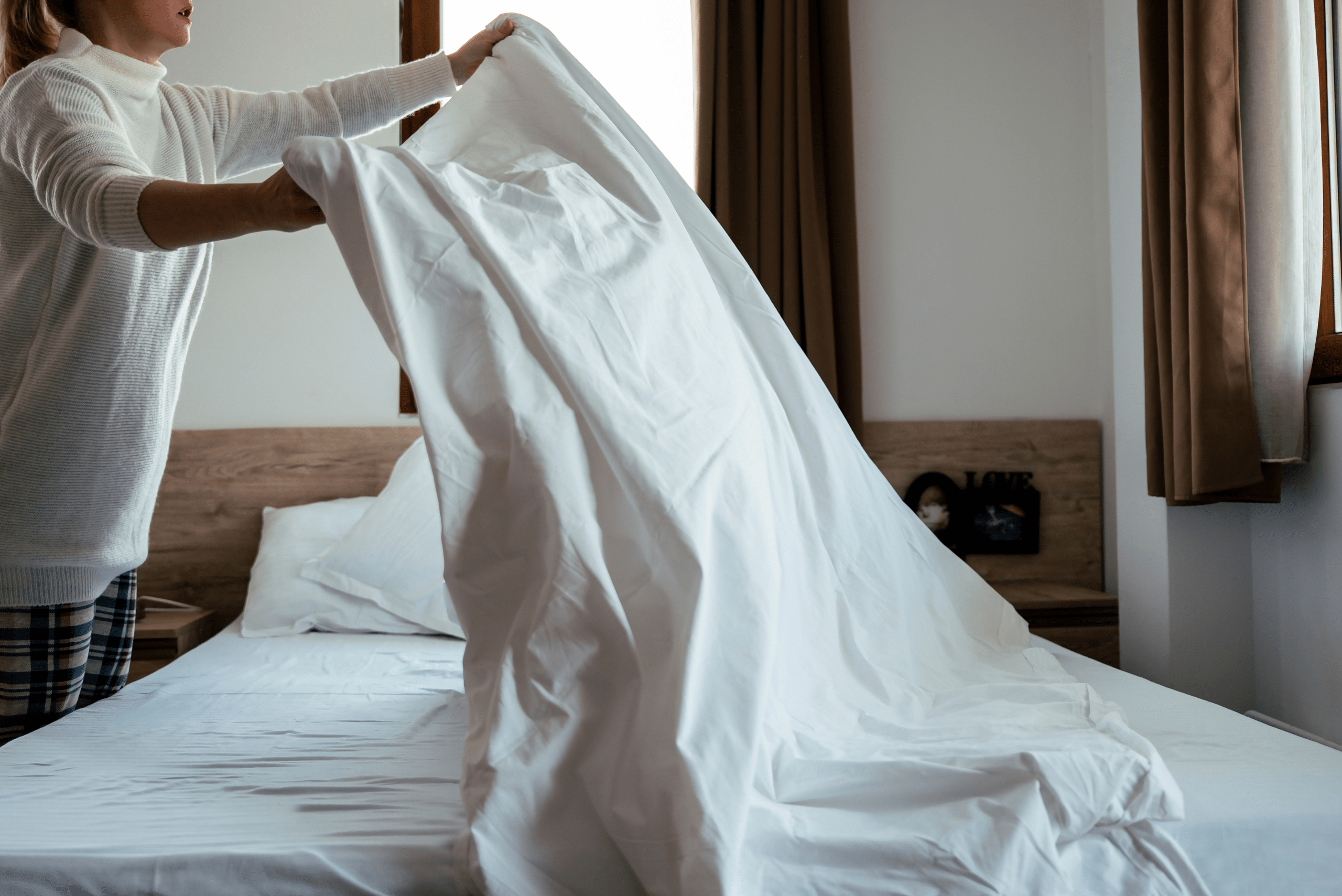
Best Practices for Washing Bedding
Using the right washing methods can make a big difference in how fresh your bedding feels and how long it lasts. Always wash sheets in warm or hot water to kill bacteria and dust mites, and use a gentle detergent to keep fabrics soft. Skip fabric softeners can coat fibers and make sheets less breathable. For an extra boost of freshness, add a cup of white vinegar or baking soda to the wash cycle.
- Wash in warm or hot water to effectively remove sweat and bacteria.
- Use a gentle detergent to protect fabric fibers.
- Skip fabric softeners to keep sheets breathable.
- Tumble dry on low or air dry for longevity.
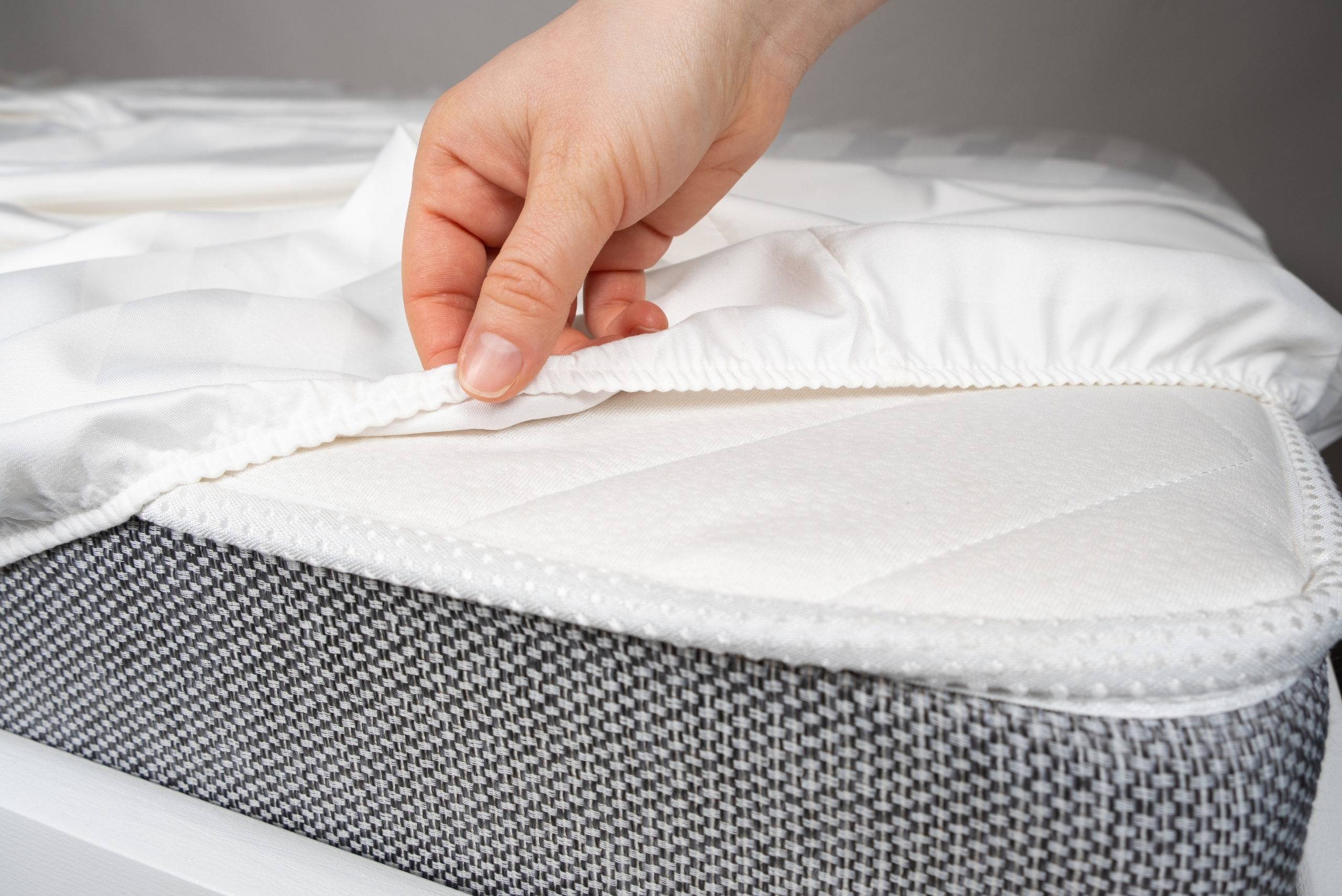
Related Articles
- Can Tennis Balls Replace Dryer Balls? Here’s What You Need to Know
- How to Save Wet Laundry Left Too Long Before It Becomes a Problem
- The Laundry Rule Everyone Overlooks That Makes Drying Clothes Easier
Keeping your bedding clean isn’t just about hygiene, it’s about comfort, sleep quality, and even skin health. A weekly wash for sheets and regular upkeep of pillows and blankets can make a world of difference in how your bed feels. And if you ever wonder whether it’s time for a wash, the answer is probably yes!








